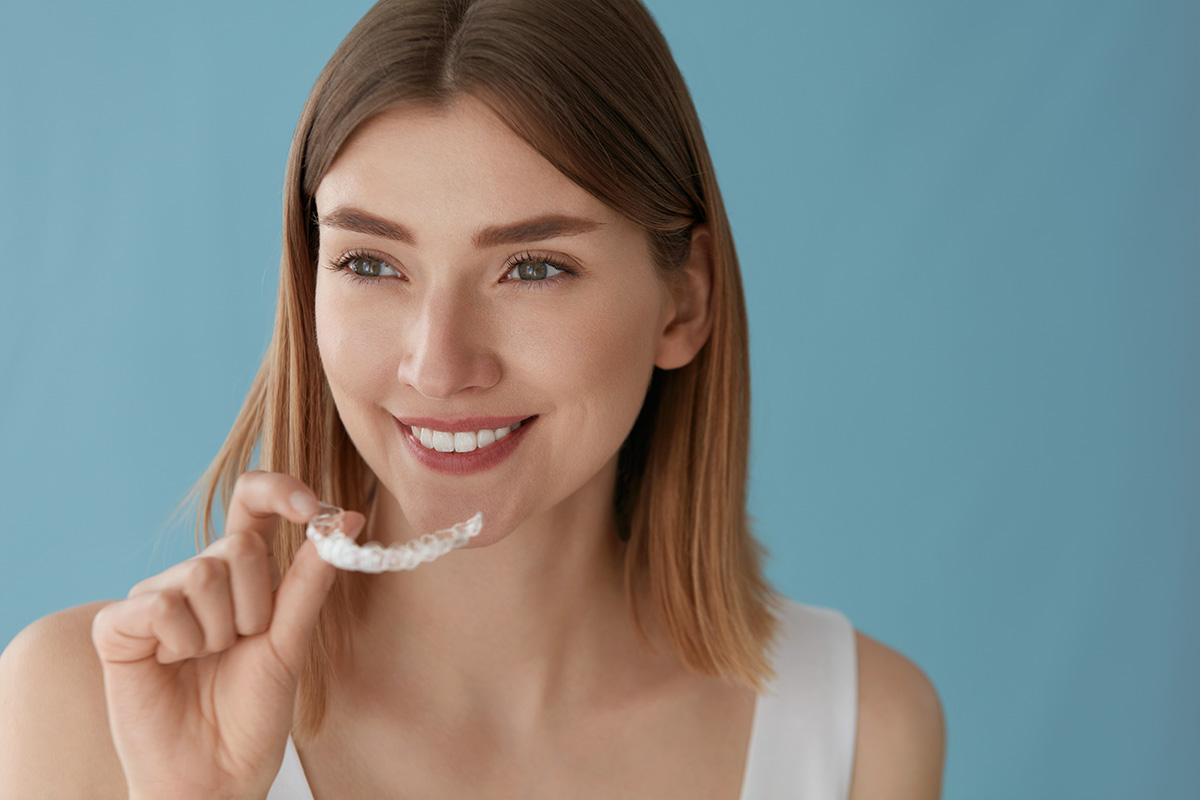After two years, you can finally take your braces off. You will notice how aligned and well-positioned your teeth are. However, to keep your teeth from shifting is important to take care of them. Your dentist can meet with you to give you some tips on how to prevent teeth shifting.
If you take care of your teeth, then shifting will not be an issue. However, if you fail to take care of your teeth, they may fall back into the position they were in before you got braces. Make sure you speak with your dentist if you notice that your teeth have shifted. In the meantime, here are some tips on how to prevent teeth shifting.
Keeping Wearing Your Retainer To Prevent Teeth Shifting
When your orthodontist removes your dental braces, your teeth are still vulnerable to shifting. They need time to stabilize without the braces. A retainer allows your teeth to transition and settle until they stay straight independently.
If you wear your retainer daily, as prescribed by your dentist, then you should not experience any teeth shifting. Your retainer is custom-made to fit in your mouth while putting a little pressure against the teeth. This keeps them from shifting.
Practice Healthy Oral Hygiene
Removing braces from your teeth is like buying a new car. Eventually, you may stop taking care of them. However, good oral hygiene ensures that your teeth will stay straight and perform well throughout the years. Proper oral hygiene includes:
- Brushing twice daily
- Flossing
- Rinsing with mouthwash
- Avoiding biting hard or sharp objects
- Oral checkups/cleanings twice a year
When you floss, you should notice resistance between the teeth. If you notice that there is no resistance when you floss, then you may want to schedule an exam with your dentist. It could be a sign that your teeth are shifting.
Dental Cleanings
Even if you brush your teeth daily, floss, and use mouthwash, you should schedule professional teeth cleaning twice a year. A dentist can reach down into the areas of your teeth or gums and remove plaque buildup that you may miss when brushing.
A dental cleaning often comes with an exam to assess the condition of your teeth and gums. If there are any issues, your dentist can let you know. Dental cleanings also keep your teeth looking amazing all year long.
Sleep on Your Back or Side
Everybody has a favorite sleeping position. However, if you sleep on your stomach, you may put pressure on your mouth, causing your teeth to shift. Sleeping on your stomach can put pressure on your jaws, which, in turn, puts pressure on your teeth. You may not realize how much pressure you put on your teeth when you are asleep.
Most doctors recommend that you sleep on your back for a number of reasons, primarily because you have more back support. In addition, sleeping on your back eliminates any unneeded stress to your jaws or teeth. If you don’t like sleeping on your back, you may want to choose to sleep on your side to prevent teeth from shifting.
Address Any Grinding or Clenching Issues
Grinding or clenching teeth typically happens as a result of stress or anxiety. Most people do not realize that they are grinding their teeth because it turns into a lifelong habit. They become accustomed to it.
Grinding teeth can easily undo the two years you spent wearing braces. When you grind or clench your teeth, you put a tremendous amount of pressure on them, causing them to shift both left and right with each grind. Over time, this can damage your teeth.
Learn More About How to Prevent Teeth Shifting
Do you need more tips on how to prevent teeth shifting? Contact Lovett Dental Cinco Ranch. We provide a wide range of orthodontic services in Katy, Texas. Call 713-244-7799 to schedule an oral exam, teeth cleaning, or orthodontic procedure.







